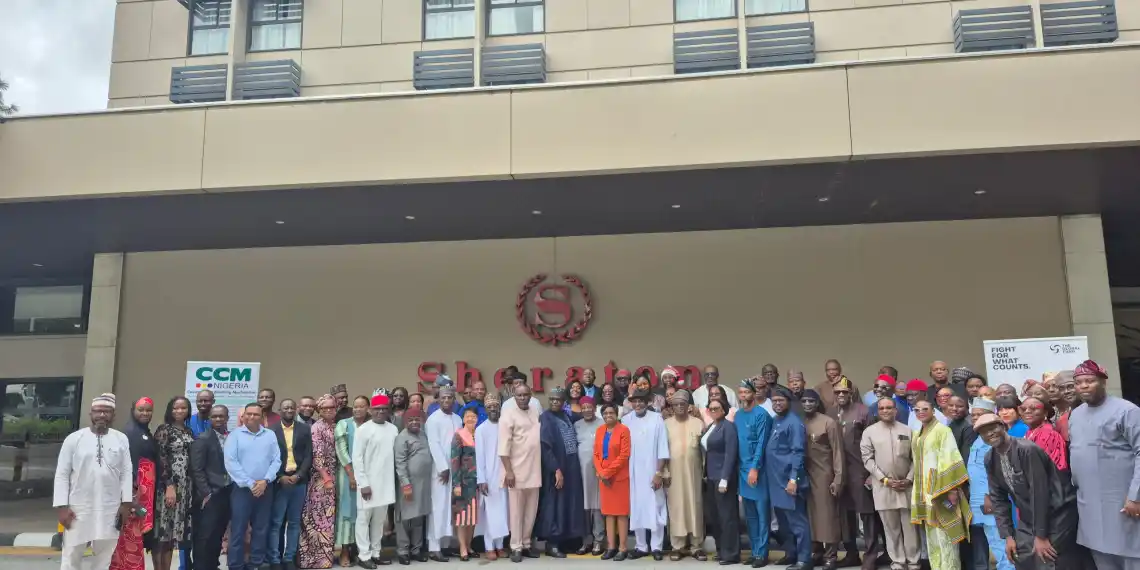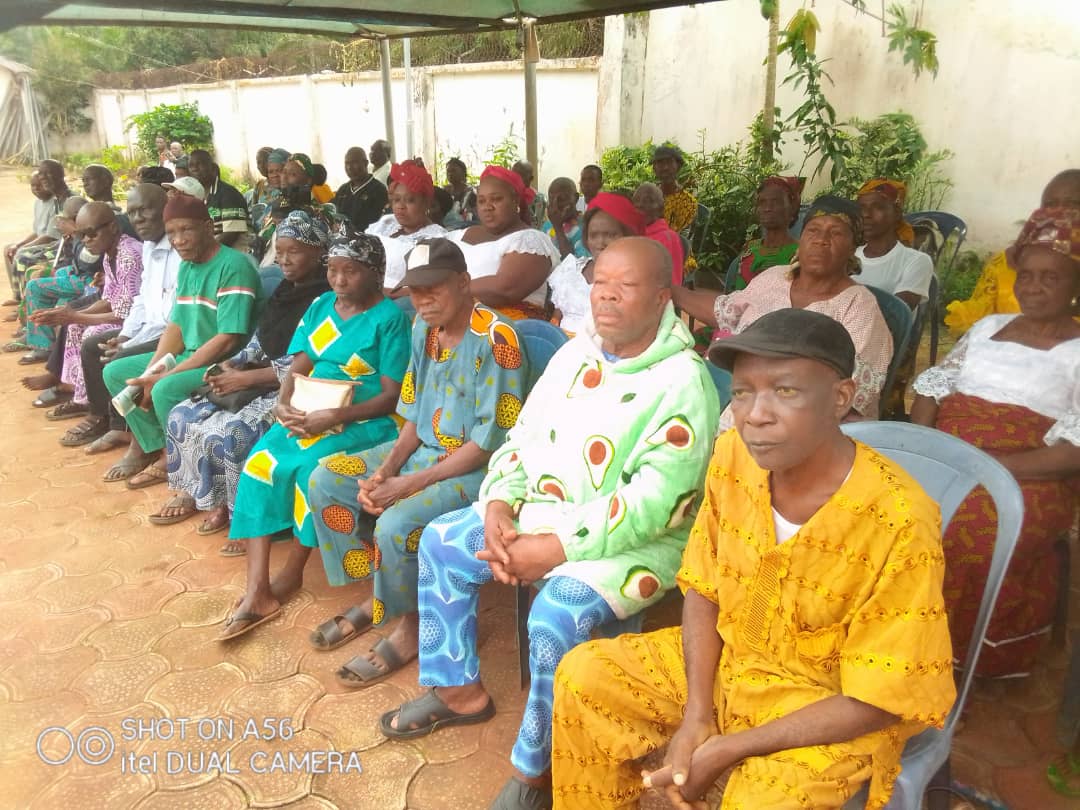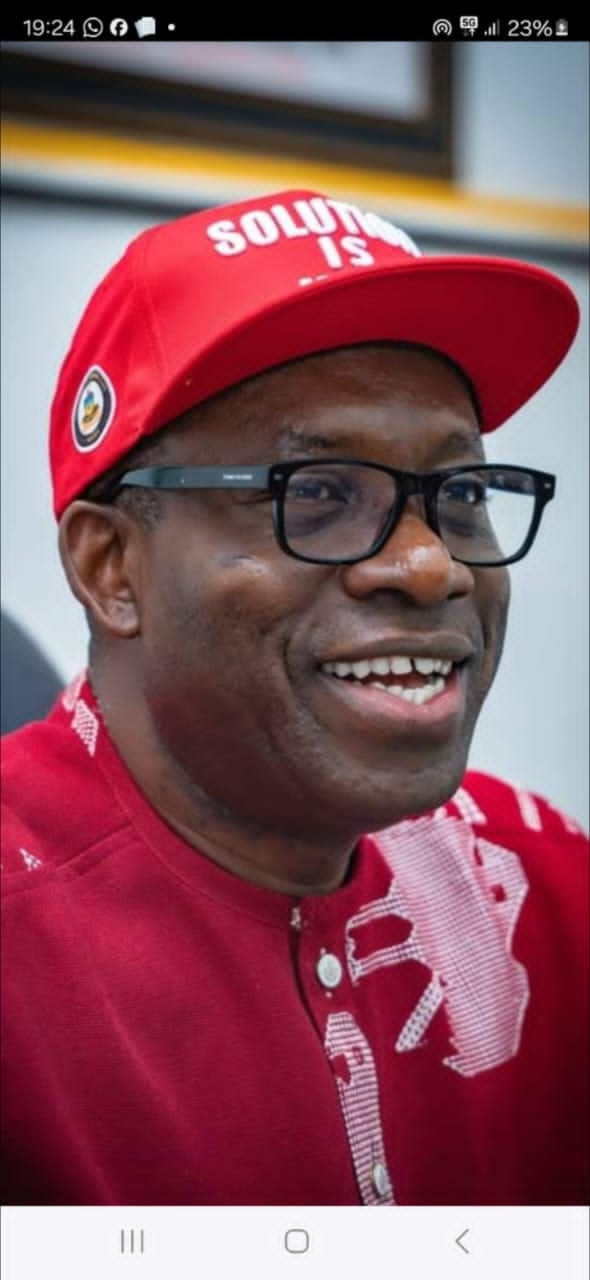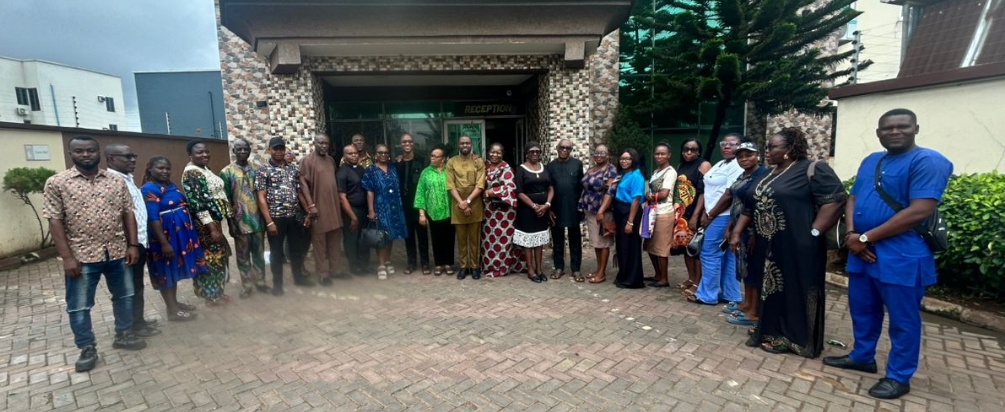Alfred Ajayi
For far too long, health advocacy has occurred in silos—programme implementers here, legislators over there. That ugly reality is fast changing for good as the advocacy recorded a milestone recently at the 2025 CCM Nigeria retreat. It was a historic shift which saw the legislative arm rolling up their sleeves in favour of increased domestic health funding.
CCM is the Country Coordinating Mechanism, a national multi-stakeholder body established to oversee and coordinate Global Fund grants for diseases like HIV/AIDS, Tuberculosis (TB), and Malaria, as well as health systems strengthening.
At the CCM Retreat 2025, National Assembly members led by Amobi Ogah Godwin, a House of Representatives member, signaled serious intent to finance and oversee HIV, TB, and malaria responses. They pledged to fulfill Nigeria’s Global Fund co-financing obligations and advocated for closer budget scrutiny.
Even more promising was the call to institutionalize a Legislative-Health Sector Accountability Partnership. Beyond optics, legislative commitment is potent to unlock sustained funding, fight corruption, and protect health as a right and not privilege. “Our goal is simple—no Nigerian should be denied treatment because of a budget shortfall,” Ogah declared. It’s a simple but transformative idea.
Nigeria’s public health resilience now has a chance to gain the political muscle it has long lacked. However, it is important to keep the pressure on and ensure that this recently growing momentum translates into lives saved and systems strengthened.
For decades, global donors have borne the financial burden of fighting HIV, TB, and malaria in Nigeria. While such support has been life-saving, it has also bred a dangerous complacency within the government circle in the country. For sustainability, Nigeria must do away with such era.
Daunting national goal
As daunting as the challenge is, build a health system that no longer crumbles under donor withdrawal or fiscal strain must be a national goal. The opportunities, however, are vast. Parliament has pledged action. State actors are being mobilized. The private sector is watching.
But pledges are not policies. Rhetoric is not reform. Rather than rhetoric, Nigeria urgently needs a coordinated national plan to mobilize domestic resources, improve accountability, and integrate disease programs into a broader, Universal Health Coverage (UHC) agenda.
With $1.25 billion in Global Fund support, Nigeria has seen undeniable progress. But as the CCM retreat reminded us, donor funding isn’t forever. The Global Fund’s evolving model prioritizes co-financing, risk-sharing, and sustainability. Nigeria cannot afford another lost decade of dependency. The manner and speed of adaptation determine the country’s future health gains.
Even with donor funding, programme implementation faces bureaucratic delays, financial uncertainties, and under-resourced infrastructure. These won’t change when funding ends. They will rather get worse. Nigeria must be proactive in planning ahead for the future that looks closer than ever anticipated.
Sustainability strategy
There is a compelling need for a clear transition plan. Nigeria must build domestic systems that can stand on their own independent of the donors. This means using every naira wisely, cutting waste, and investing in what works—from community health workers to real-time data systems.
As one international partner said: “The Global Fund was never meant to replace national responsibility — it was meant to support it.” That support is waning. It’s time for Nigeria to lead.
Domestic health funding is crucial for Nigeria’s sustainable healthcare system. Relying on donor support is often unpredictable and short-term. Investing local resources ensures ownership, continuity, and alignment with national priorities. It strengthens infrastructure, boosts accountability, and fosters resilience, ultimately leading to improved health outcomes and reduced vulnerability to external shocks.





